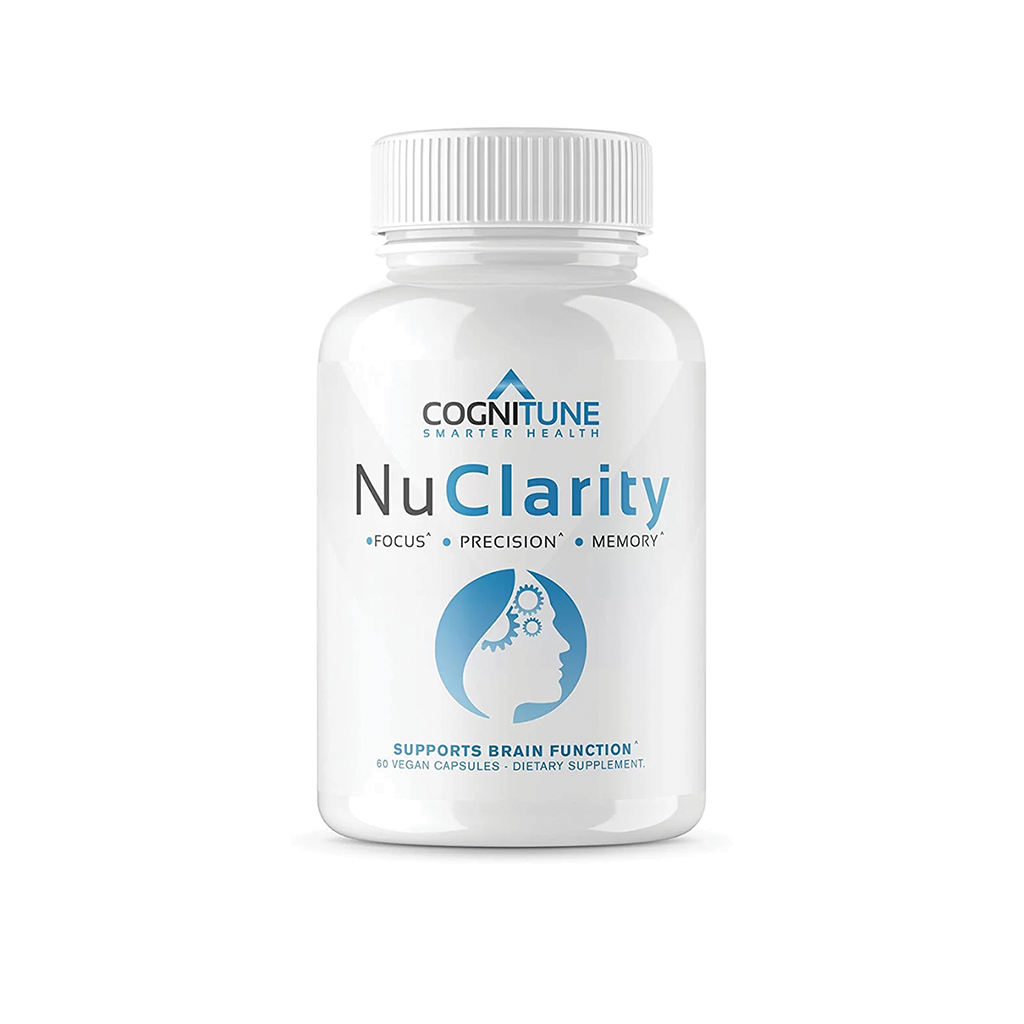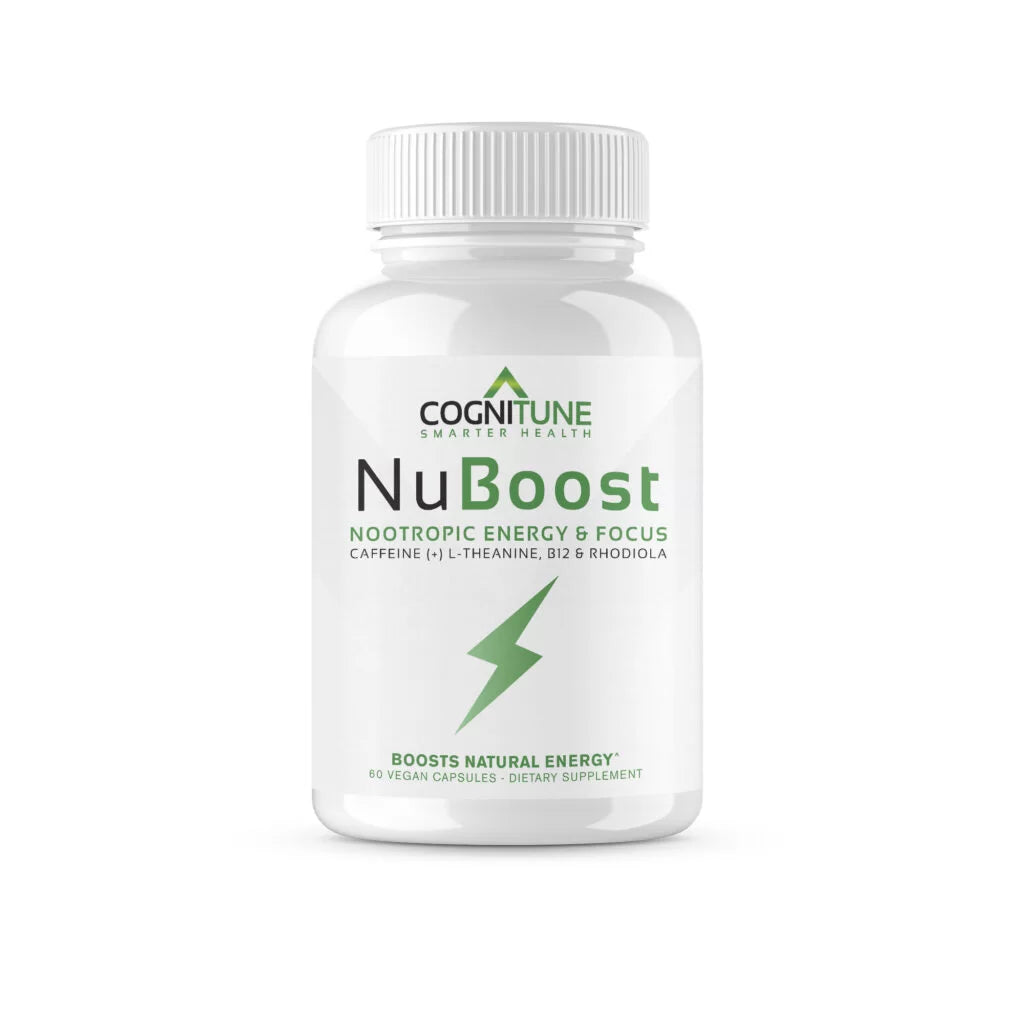Unlocking Mental Clarity: Simple Steps to Support Brain Health

The human brain is the command center of your body, responsible for every thought, memory, emotion, and decision you make. It allows you to navigate daily tasks, solve problems, and connect with others. Yet, despite its incredible importance, many people don’t think about maintaining their brain health until they start experiencing issues like forgetfulness, lack of focus, or persistent brain fog. These challenges can disrupt your productivity, strain your relationships, and even impact your emotional well-being.
With the modern world’s endless distractions, increasing stress levels, and reliance on processed foods, it’s no wonder cognitive issues are on the rise. Whether you’re a busy professional juggling deadlines, a parent managing a household, or a student striving for better academic performance, your brain is constantly working. Just like the rest of your body, it needs proper care and nourishment to perform at its best.
The good news is that you can take proactive steps to support your brain and unlock its full potential. From optimizing your diet and sleep habits to incorporating stress management techniques and brain-boosting supplements, a few simple lifestyle changes can make a significant difference. In this article, we’ll explore science-backed strategies to enhance memory, focus, and mental clarity—empowering you to feel sharper, think faster, and live better.
5 Simple Steps to Support Brain Health
1. Adopt a Brain-Healthy Diet
Your brain relies on the nutrients you provide it. Incorporating certain foods into your diet can have a direct impact on your mental performance.
-
Include omega-3 fatty acids: Found in fatty fish like salmon, mackerel, and sardines, omega-3s are essential for maintaining the structure of brain cells (neurons). They also play a role in reducing inflammation, which is linked to cognitive decline. If you’re not a fan of fish, walnuts, flaxseeds, and chia seeds are excellent plant-based alternatives.
-
Add antioxidant-rich foods: Antioxidants combat oxidative stress, which can damage brain cells over time. Blueberries, blackberries, spinach, kale, and even dark chocolate contain high levels of antioxidants that protect the brain and improve memory.
-
Prioritize vitamins and minerals: Vitamin B12 and folate (B9) are essential for brain function, as they help produce neurotransmitters. Foods like eggs, leafy greens, and fortified cereals are great sources. Zinc, found in pumpkin seeds and chickpeas, also aids cognitive function.
-
Stay hydrated: Water is vital for brain health, as even mild dehydration can lead to fatigue and impaired concentration. Make it a habit to drink at least 8 cups of water daily, and consider incorporating hydrating foods like cucumbers, watermelons, and oranges into your diet.
2. Prioritize Quality Sleep
Sleep is more than just rest; it’s when your brain recharges and repairs itself. During deep sleep, your brain clears out toxins and consolidates memories, which is crucial for learning and focus.
-
Stick to a consistent sleep schedule: Going to bed and waking up at the same time each day helps regulate your internal clock, improving the quality of your sleep.
-
Create a sleep-friendly environment: A dark, quiet, and cool room promotes deeper, uninterrupted sleep. Consider blackout curtains or a white noise machine if needed.
-
Avoid stimulants before bedtime: Caffeine and sugar can interfere with your ability to fall asleep. Try limiting your intake after 3 PM.
-
Incorporate a wind-down routine: Activities like reading, meditating, or taking a warm bath can signal your body that it’s time to relax.
3. Keep Your Brain Active
Cognitive engagement is vital for maintaining and even improving brain health. Regularly challenging your brain stimulates neuroplasticity, the brain's ability to form new neural connections, which helps combat age-related decline.
-
Solve puzzles and play games: Crossword puzzles, Sudoku, chess, and memory games are fantastic for keeping your mind sharp. They encourage problem-solving and critical thinking.
-
Learn new skills: Whether it’s picking up a new language, learning an instrument, or even experimenting with cooking, engaging in novel activities can significantly boost your cognitive reserve.
-
Read and write regularly: Reading expands your vocabulary and critical thinking skills, while writing stimulates your creativity and memory recall.
-
Participate in social activities: Socializing with friends and family improves mental health and reduces the risk of cognitive decline. Engage in meaningful conversations, join clubs, or volunteer to stay mentally active.
4. Reduce Stress
Chronic stress increases cortisol levels, which can negatively affect memory, focus, and even brain structure. Managing stress effectively is essential for long-term brain health.
-
Practice mindfulness meditation: Studies show that meditation can reduce stress and enhance memory, focus, and emotional regulation. Even 10 minutes a day can make a difference.
-
Engage in physical activity: Exercise not only reduces stress but also boosts brain-derived neurotrophic factor (BDNF), a protein that supports brain health. Activities like yoga, swimming, or brisk walking are excellent options.
-
Schedule downtime: It’s okay to take breaks and relax. Reading a book, gardening, or even taking a short nap can reduce stress levels.
-
Deep breathing exercises: Simple breathing techniques, such as inhaling for four counts, holding for four counts, and exhaling for four counts, can lower cortisol levels and clear your mind.
5. Supplement with Brain-Boosting Nutrients
Supplements can be a valuable addition to your wellness routine, especially when life gets busy, and maintaining a perfectly balanced diet isn’t feasible. Look for products with ingredients scientifically shown to support cognitive health.
-
NuClarity: Formulated with Bacopa Monnieri, a herb used in Ayurvedic medicine, and Phosphatidylserine, this supplement helps enhance memory retention, mental clarity, and focus.
-
NuBoost: This supplement is designed to improve energy levels and concentration, featuring natural ingredients that support your brain’s nutritional needs.
Supplements should be used alongside a healthy lifestyle, not as a replacement. Always consult a healthcare provider before starting a new supplement regimen.
Addressing Common Brain Health Pain Points
1. Memory Loss
Memory lapses can be frustrating and are often caused by stress, lack of sleep, or age-related cognitive decline. Strategies like a nutrient-rich diet, mental stimulation, and stress reduction can help keep your memory sharp.
2. Brain Fog
Feeling mentally cloudy or unfocused can stem from dehydration, poor diet, or insufficient sleep. Simple changes, like staying hydrated and prioritizing rest, can improve mental clarity.
3. Lack of Focus
Constant distractions in today’s digital age make it harder than ever to concentrate. Techniques like mindfulness meditation and limiting screen time can help regain focus.
Start Taking Action
Your brain deserves the same care and attention as the rest of your body. Start making small but impactful changes today to support its health and performance. For an added boost, explore CogniTune’s NuClarity and NuBoost supplements, designed to help you achieve your mental wellness goals.
Visit CogniTune’s Shop now and take your first step toward holistic health and wellness.
FAQ Section
1. What foods are best for brain health?
Fatty fish, blueberries, leafy greens, nuts, and seeds are excellent brain-boosting foods that support memory and focus.
2. Can supplements improve cognitive function?
Yes, supplements like NuClarity and NuBoost can support brain health by providing nutrients that enhance focus, memory, and mental clarity.
3. How does sleep affect the brain?
Sleep is critical for memory consolidation and clearing out toxins. Poor sleep can lead to cognitive decline and difficulty concentrating.
4. Is exercise important for brain health?
Absolutely! Exercise increases blood flow to the brain, promotes the release of mood-boosting hormones, and supports neuroplasticity.
5. How can I reduce stress to improve brain health?
Practicing mindfulness, exercising regularly, and taking breaks to relax are proven ways to lower stress and protect your brain.



